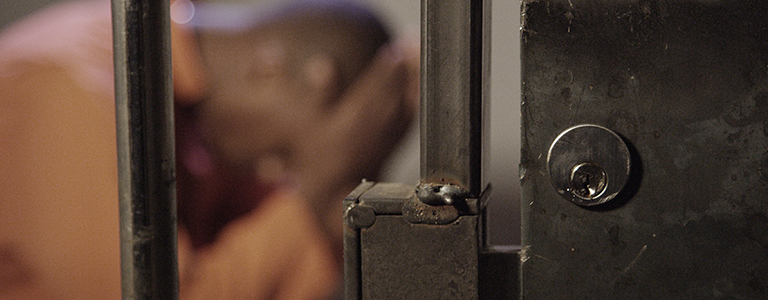
Domestic violence is a serious criminal allegation that can impact your life in many ways. Even if you’re only convicted of a misdemeanor offense, it can still carry life-altering ramifications that derail the entire course of your future. These ramifications include where you live, where you can travel, career opportunities, and convictions are also punishable by fines and jail time.
But beyond those expected consequences, a domestic violence conviction can impact your life in subtler, more unexpected ways. Here are some of those possible consequences and what Fargo residents hit with a domestic violence charge are advised to do about the matter.
It Can Impact Your Housing Prospects
If you live with the accuser leveling the domestic violence claim against you, the court may prohibit you from returning home and order you to find a new place to live. More often than not, this task is much easier said than done. Most landlords and people in charge of public housing programs do not look kindly upon applicants charged with domestic violence, or any felony, and they may turn you away altogether.
Moreover, you might not just be denied residency around Fargo-Moorhead or the Upper Midwest, but denied residency to the whole country. If you’re not yet a naturalized U.S. citizen, a domestic violence conviction could result in deportation and permanent denial of citizenship. If a conviction is solidified, the immigration consequences can be harsh.
It Can Strip Your 2nd and 15th Amendment Rights
Ironically, a conviction that stems from a misrepresented act of self-defense could deny your future rights to bearing arms and defending yourself. Nationwide, the Lautenberg Amendment prohibits people convicted of domestic violence misdemeanors or felonies from legal firearm ownership. Conversely, this also prohibits you from working any jobs involving guns, such as military, law enforcement, or private security, and even social service jobs that don’t involve guns.
Furthermore, your rights to vote and participate in democracy might also be prohibited until you’ve met all court requirements and fulfilled every term of your sentencing. Even then, violating probation and parole can still prolong the time until your rights are fully restored. Both of these bans are significant limitations and constraints to your personal sovereignty and liberty.



